Question And Answer
Publications
Articles, publications, books, tools and multimedia features from the U.S. Institute of Peace provide the latest news, analysis, research findings, practitioner guides and reports, all related to the conflict zones and issues that are at the center of the Institute’s work to prevent and reduce violent conflict.
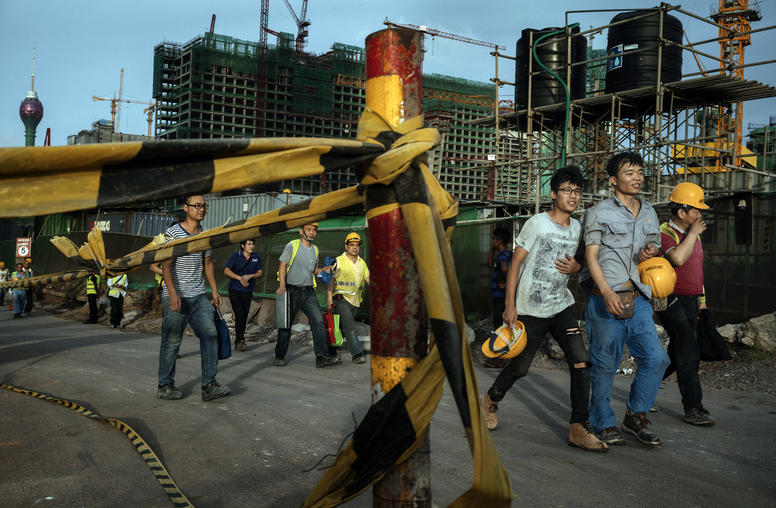
Where Does China’s Belt and Road Initiative Stand Six Years Later?
Few projects illustrate the risks of China’s Belt and Road Initiative (BRI) better than the Hambantota port in Sri Lanka. In 2017, unsustainable debt loads drove Colombo to give China a 99-year lease and controlling equity stake in the Hambantota port, while local communities protested the loss of sovereignty and international observers worried about China’s strategic intentions. The Hambantota case may be an outlier, but it has become a “canary in the coalmine,” and a warning sign to other BRI participants about what their future may hold. Increasingly, countries around the world are taking steps to reassert their influence over BRI projects—and Beijing has taken note.
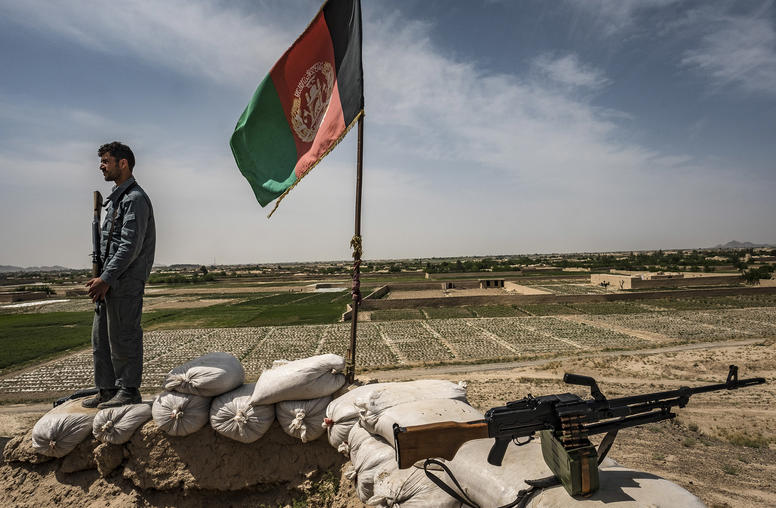
Afghanistan Cannot Afford Another Government Breakdown
Afghanistan is on uncertain terrain this year. Along with scheduled presidential and other elections and a nascent peace process, the possibility of withdrawal of international troops, worsening security, and an economic downturn loom heavily over the country. In this critical moment, government failure would make peace and political stability even harder to achieve let alone sustain. How can basic government functioning be maintained during this challenging period?
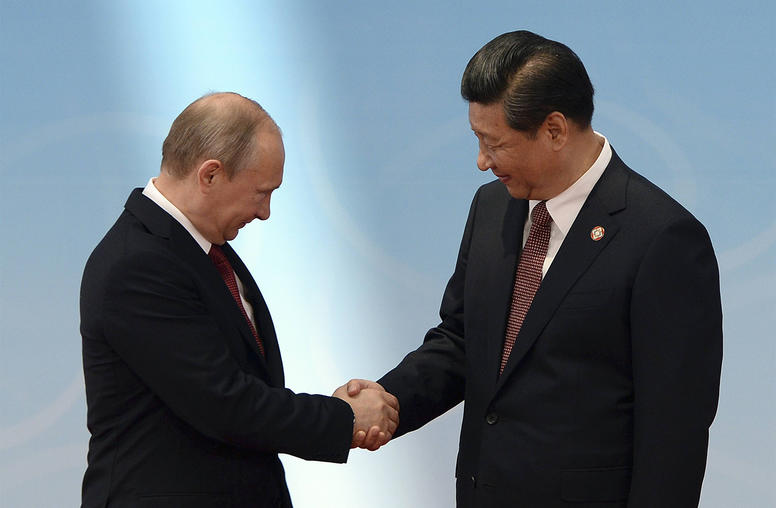
In Global Hotspots, China and Russia are Stepping Up Coordination
Chinese President Xi Jinping and Russian President Vladimir Putin are in the middle of a rapid-fire series of bilateral meetings. Beijing and Moscow’s relationship spans a number of areas including energy, defense, infrastructure, trade, and finance. A shared sense of geopolitical competition with the United States over issues ranging from nuclear weapons to sanctions to human rights propels bilateral ties as well.
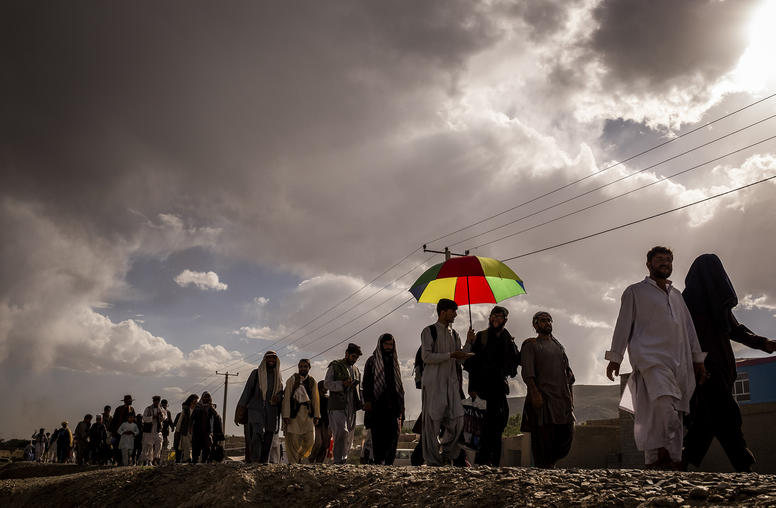
Amid a Spike in Violence, Have Afghan Peace Talks Lost Momentum?
After rapid progress in early 2019, the Afghan peace process has seemingly slowed. The U.S. chief negotiator, Ambassador Zalmay Khalilzad, said in May that his negotiations with the Taliban were making slow but steady progress, but there has been little headway in starting talks among the various Afghan parties. Meanwhile, violence has ratcheted up, as typically occurs in the spring and summer in Afghanistan. The country’s overdue presidential polls are scheduled for late September, further complicating efforts to achieve peace. Can talks succeed amid the violence and political discord? Will the elections drain momentum from the peace process? USIP’s Johnny Walsh looks at the Afghan peace process ahead of the next round of talks in late June.
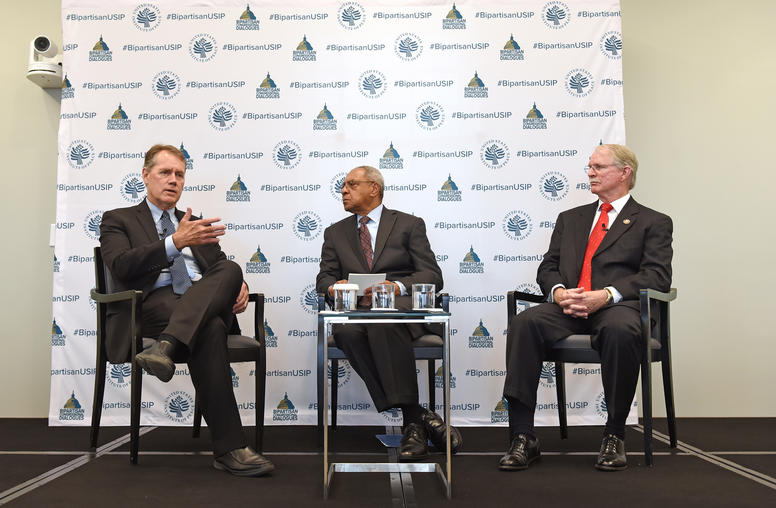
As China Projects Power in the Indo-Pacific, How Should the U.S. Respond?
There is a growing bipartisan consensus in Washington that China’s ascendance is a major strategic concern for U.S. and international security and stability. This is reflected in the 2017 U.S. National Security Strategy, which recalibrates U.S. foreign policy to address the challenges posed to American power and interests from escalating geopolitical competition with China and Russia. After a recent trip to the Indo-Pacific region, Rep. Ed Case (D-HI) and Rep. John Rutherford (R-FL) said they came away alarmed at how China is tightening its grip on U.S. allies across the region. What can the U.S. do to address China’s power projection and coercion in the Indo-Pacific and beyond?
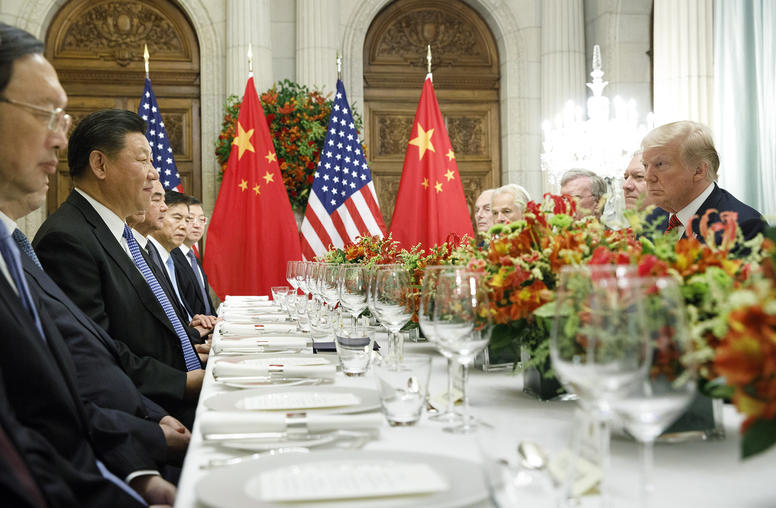
As U.S.-China Ties Slide, Trump and Xi Look to Bridge Divide
President Trump and Chinese President Xi Jinping are set to have an “extended meeting” on the sidelines of the G20 summit in Japan this week. The summit comes amid an escalating trade dispute and a recent U.S. decision to ban five Chinese tech companies from buying U.S. equipment without government approval. Beyond trade and technology issues, Trump and Xi are expected to discuss nuclear negotiations with North Korea—following Xi’s meeting last week with North Korea’s Kim Jong Un—and increased U.S.-Iran tensions. USIP’s Patricia Kim and Jacob Stokes analyze how the trade dispute has impacted the bilateral relationship and prospects for cooperation between Washington and Beijing.
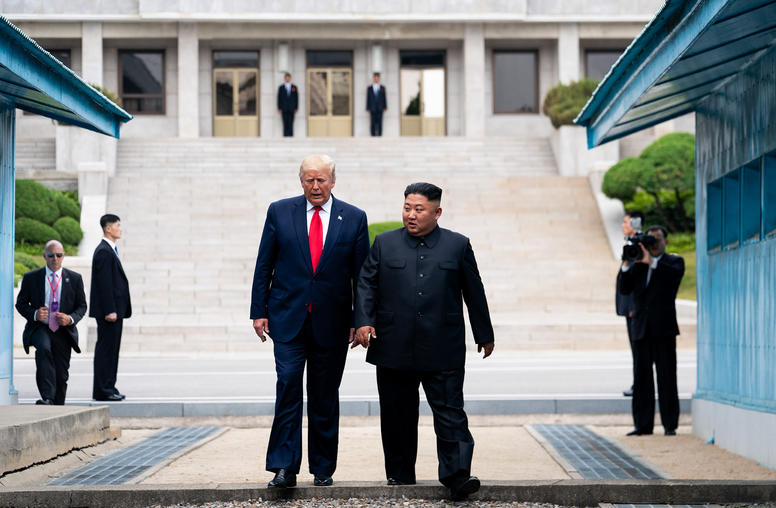
The North Korea Show: More Than a Photo Op
News coverage of President Trump’s meeting with North Korean leader Kim Jong Un has focused significantly on the optics of their televised encounter at the demarcation line separating North and South Korea. But according to two senior U.S. experts—Ambassador Joseph Yun, the former U.S. special representative for North Korea policy, and Frank Aum, who served as advisor for North Korea to four U.S. defense secretaries—the announced plan for a resumption of working-level talks is potentially significant.
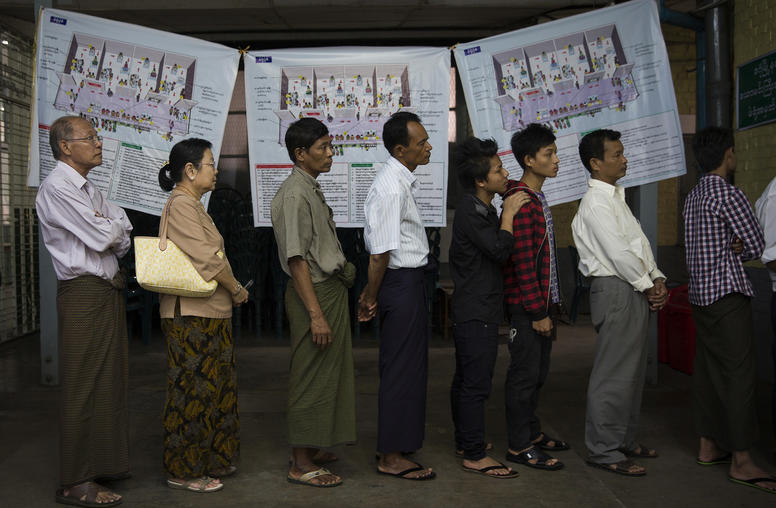
Burma’s Big Test: Preventing Election Violence in 2020
The people of Burma will head to the polls in late 2020 to elect more than 1,100 representatives to national, state, and regional legislative bodies. During a recent field assessment, the U.S. Institute of Peace confirmed that the risk of election-related violence is surprisingly low considering the ongoing conflicts and multitude of grievances. However, hate speech, disinformation, and intense competition between parties could create violent incidents, particularly during the campaign period. Early efforts to promote peaceful elections need to start now as the window for effective prevention will soon be closed.
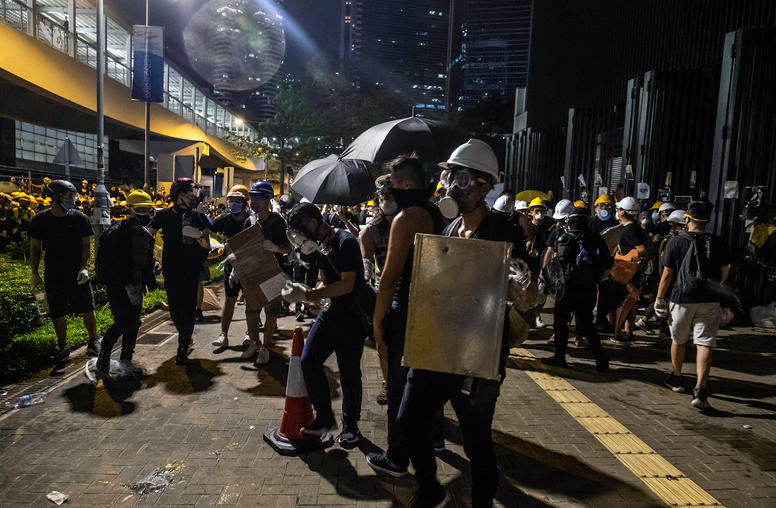
Hong Kong’s Turn to Violence Divides the Movement
The weeks of peaceful protests by millions of Hong Kong residents opposed to the erosion of their civil liberties turned violent Monday. After days of aggressive police crackdowns that injured protesters and drew criticism from international human rights groups, hundreds of protesters bashed through doors into the city’s legislature yesterday. USIP specialists discuss the escalation of the conflict between residents and the city’s authorities—and the implications for one of the territory’s largest protest movements since Britain handed it over to Chinese control two decades ago.
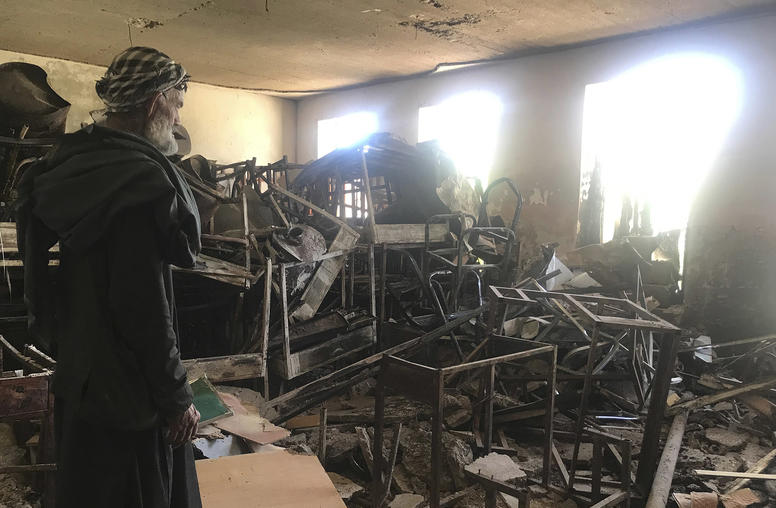
A Foot Forward for Peace in Afghanistan?
Taliban and Afghan representatives agreed early this week to a basic, albeit non-binding, roadmap for intra-Afghan negotiations aimed at ending the 18-year war. Since the U.S. resumed direct talks with the Taliban last September, the two sides have focused on the withdrawal of foreign forces and the steps the Taliban will take against terrorists on Afghan soil. Meanwhile, intra-Afghan talks on a political roadmap have yet to get off the ground. After months of seeming stasis, this week’s Doha meeting has injected renewed hope. USIP’s Scott Smith looks at what happened this week, what it means for Afghan women, and the next steps in the peace process.